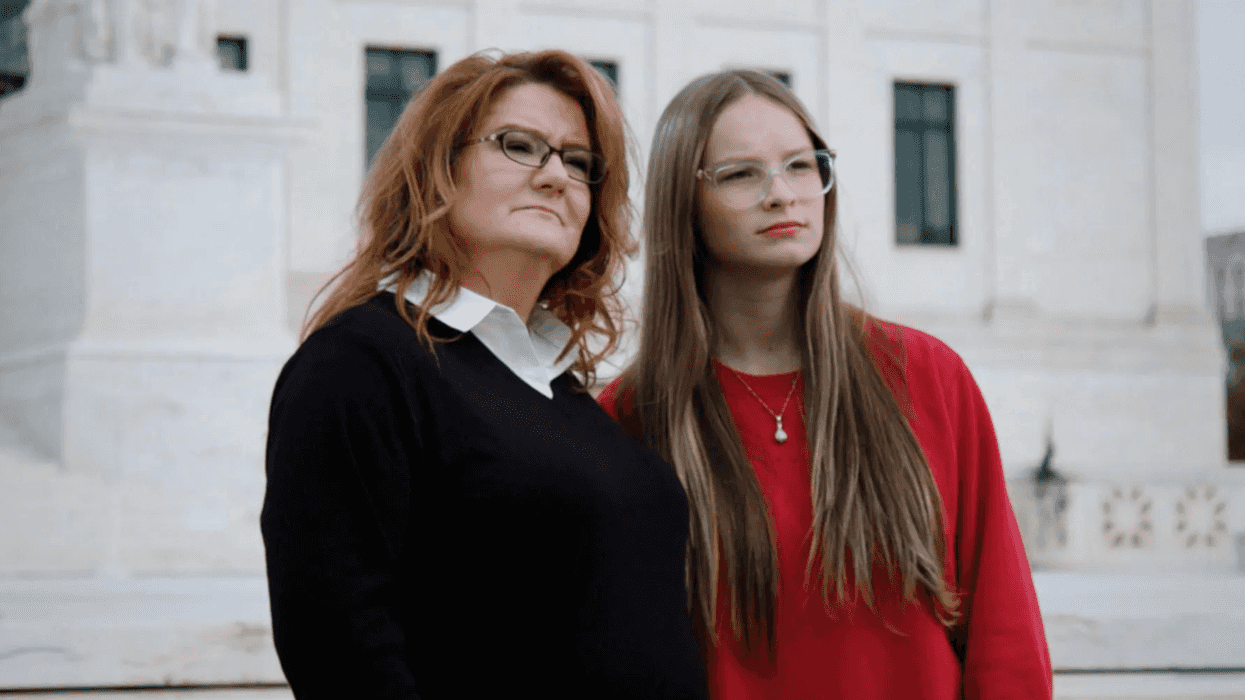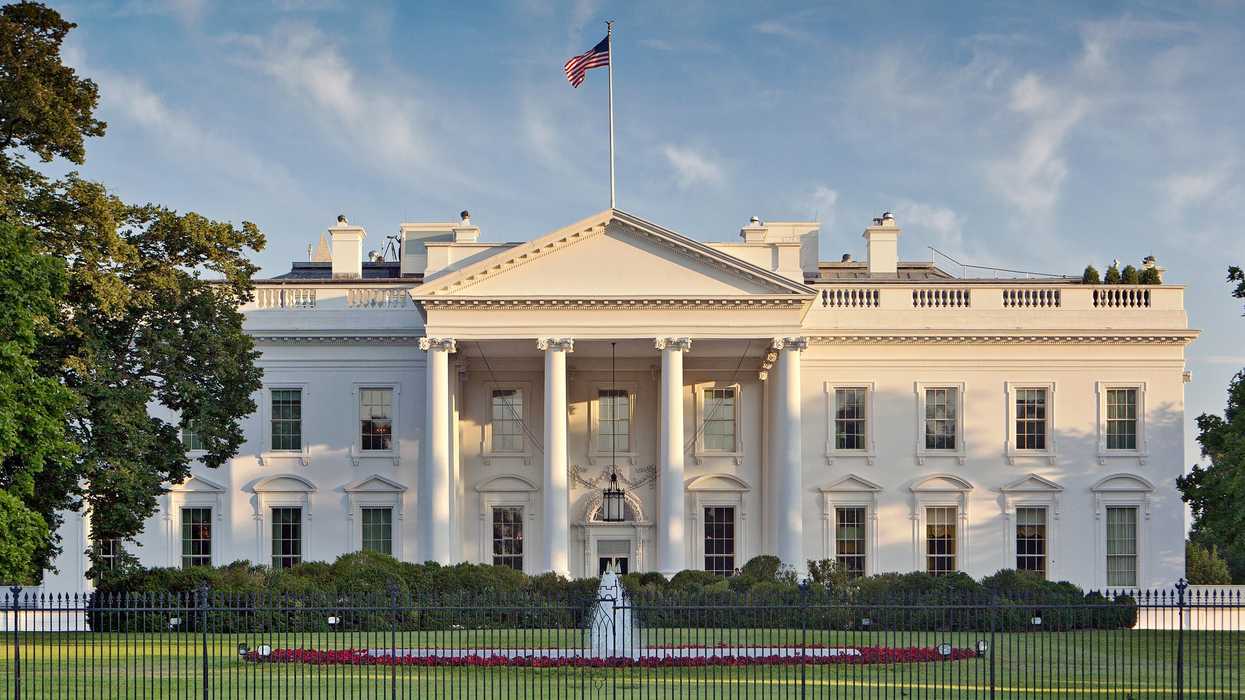President Donald Trump signed over 70 Executive Orders during the first thirty days of his second term, the most in a President’s first 100 days in 40 years. Many of the Executive Orders were sweeping in their scope and intentionally designed to fundamentally reshape the federal government and shatter the existing world order. Critics immediately claimed that many of the Executive Orders exceeded the President’s constitutional authority or contravened existing federal law.
At the same time, the Department of Government Efficiency (DOGE)—without Congressional authorization—has swept into multiple agencies, frozen Congressionally authorized appropriations, and terminated thousands of federal employees, many of whom are protected by civil service laws and collective bargaining agreements.
As a consequence, over 100 lawsuits have been filed against the Trump administration as of March 1, 2025. New court rulings and injunctions are issued almost every day. Dozens of the President’s initiatives have been enjoined, permanently or temporarily, and more are almost certain to follow. Many federal agencies and employees are frozen in a state of confusion, chaos, or crisis. It may be months or even years before the country fully comprehends the consequences of these actions.
But one fact is immediately clear: the legal crisis created by the new administration was completely unnecessary.
Almost all of the President’s goals and objectives could be achieved by constitutional, lawful means. Examples include the following:
· Birthright Citizenship – the President cannot amend the U.S. Constitution by Executive Order. He could, however, propose a constitutional amendment and ask Congress to pass it and send the issue to the states for ratification.
· Abolishing Federal Agencies – while the President cannot unilaterally abolish departments, agencies, and bureaus established by Congress, he can submit legislation to Congress that would repeal the entity’s enabling legislation.
· Impoundment – the Impoundment Control Act of 1974 restricts the authority of the President to impound Congressional appropriations and provides a process for Congress to review Executive Branch withholdings of Congressional appropriations. The President could comply with this Act or, alternatively, ask Congress to amend the appropriation in question. The President could also ask Congress to repeal the Impoundment Control Act, as prior Presidents have done.
· Termination of Employment – the abrupt termination of thousands of federal employees violates numerous civil service laws, rules, and regulations. The principal purpose of the civil service system, starting with the Pendleton Act in 1883, was to eliminate the spoils system that resulted in the termination of thousands of federal employees with every new Administration. The President is not powerless to terminate classified employees. He must, however, comply with the statutory and regulatory processes established to preserve and protect the merit system. Many of the recent terminations are also likely to breach numerous collective bargaining agreements.
· Inspectors General – The President fired 17 Inspectors General within days of his Inauguration without providing 30-days notice to Congress, as required by the Inspectors General Act of 1978. The communication must include substantive rationale, including case-specific reasons for the termination. Again, the President is not without authority to remove Inspectors General, he simply must comply with the law.
Adherence to the rule of law is essential for the long-term success of any democracy. The separation of powers and checks and balances, which pervade our system of government, must be honored and effectuated to prevent an abuse or concentration of power and protect individual rights. Pursuing his agenda in a manner that is consistent with the rule of law will, to be sure, take more time and will require the President to persuade Congress and the American people of the wisdom of his cause. But that is precisely the purpose and strength of an effective democracy.
Tragically, for our country, the President has intentionally chosen to pursue his agenda in a manner that is unconstitutional or unlawful. The risk to our democracy is compounded by Congressional complicity and inaction. Many commentators and observers have noted the future of our democracy is once again dependent on the integrity and wisdom of the judiciary.
There is, however, another path forward: the President could choose to follow the law.
R. Kelly Sheridan is a member of the board of Lawyers Defending American Democracy. He previously served as President of the Rhode Island Bar Association.



















